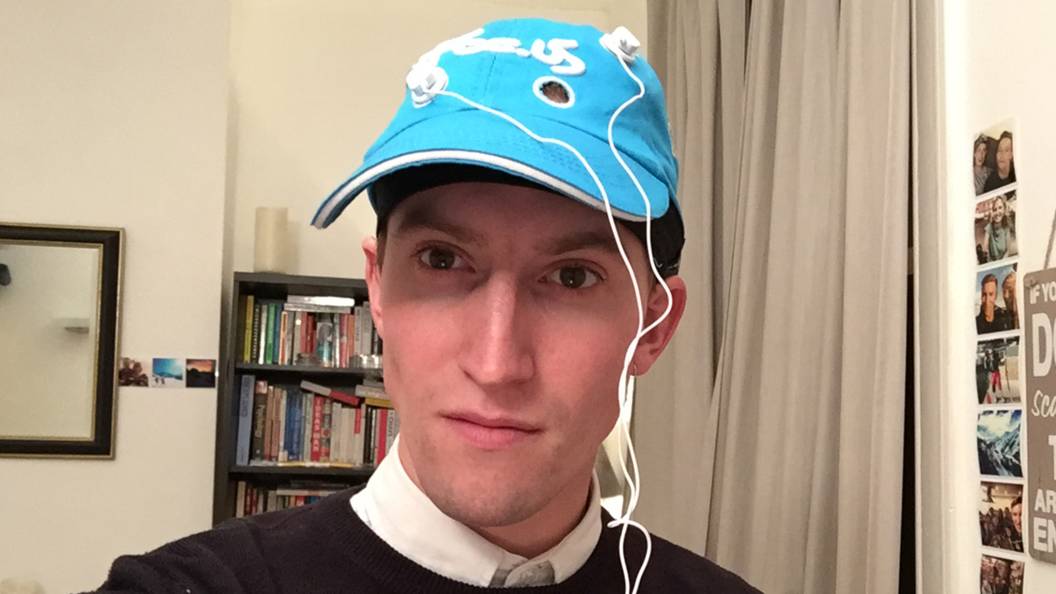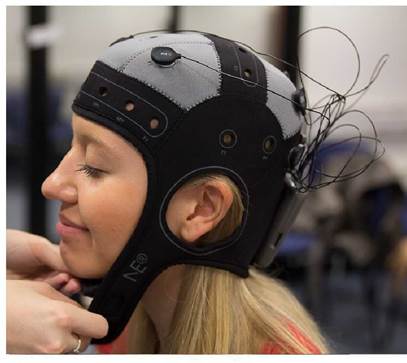
BBC Three’s Nick Arnold takes the Focus Sports for a test drive.
I contacted a few people using tDCS to cure their depression via social media. Mario, 32 from Mexico, told me it was working for him.
“I think it is great. You can see a lot of improvements in your mood. The more you use it the better you feel.”
Another user, eagee, wrote, “I suffered from depression for almost 25 years, and after I started applying tDCS I’ve had two years so far without it.”
If tDCS really can be so life changing for depression patients, why isn’t it more widely available?
According to Dr. Williams, “the equipment is so simple that it cannot be patented in the US. And if no one can own the rights to tDCS, no one can make a profit on it.”
That’s why, according to its supporters, tCDS is being ignored by major drug companies.


